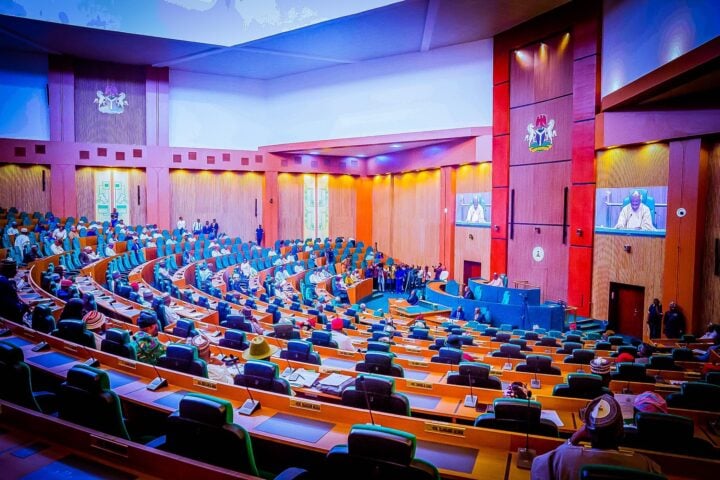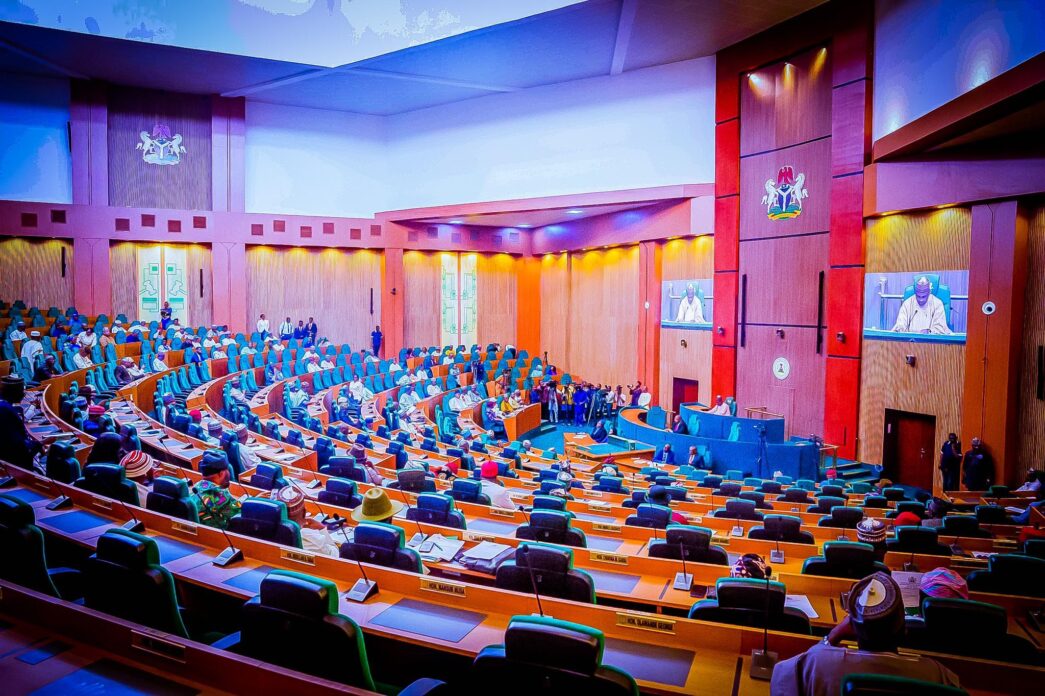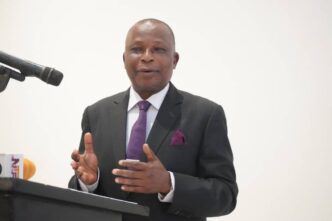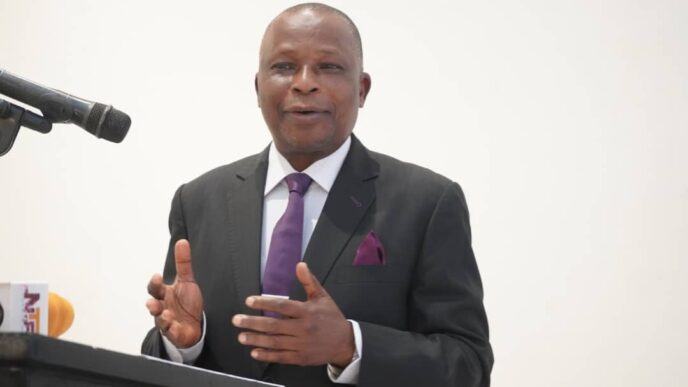The house of representatives
A bill to amend the National Eye Centre Act (2004) has scaled second reading in the house of representatives.
Sponsored by Benjamin Kalu, the deputy speaker, and Babajimi Benson from Lagos, the bill seeks to provide for the establishment of more specialist eye care centres across the country.
The proposed legislation, which scaled the second reading during the plenary on Wednesday, also aims to enhance access to qualitative eye care services across the six geo-political zones.
Kalu said the proposed amendments intend to address the pressing need to cater to the growing population and address the rising cases of eye diseases in the country.
Advertisement
He said that preventable and treatable eye conditions are the leading cause of blindness in Nigeria, adding that cataracts, glaucoma, and refractive errors remain prevalent in many parts of the country.
“The proposed amendments, thus, aim to rectify this situation by expanding the establishment of National Eye Centres to strategic locations across the six geopolitical zones of the country,” Kalu said.
“By doing so, we aim to provide a framework that will enhance and improve access to quality eye care, ensuring that no Nigerian is left behind due to geographical barriers.
Advertisement
“We hope to ensure that every Nigerian, regardless of location, can access quality eye care services. This is not just a matter of healthcare; it is a matter of equity and social justice.
“This bill, which seeks to enhance and improve access to quality eye care in Nigeria, has the following key provisions.
“The creation of five additional specialist eye care centres spread across the remaining five geopolitical zones of Nigeria not originally covered by the principal legislation, which only provided for an eye care centre in Kaduna, north-west Nigeria.
“The establishment of separate boards to govern each centre and academic committees to oversee academic affairs.
Advertisement
“These bodies will not only ensure effective management and coordination of the centres’ activities by overseeing their day-to-day operations but shall also drive research and educational initiatives in ophthalmology, thereby fostering a culture of excellence and innovation in eye care.
“In presenting this bill, we are reaffirming our commitment to the visual health and well-being of every Nigerian. By establishing additional centres, we can decentralise eye care services, reduce travel costs for patients, and ultimately protect and preserve the precious gift of sight for all citizens.”
Kalu said the house should support the bill as it represents a significant step towards improving healthcare delivery in Nigeria.
Tajudeen Abass, the speaker of the house, referred the bill to the committee on special healthcare for further legislative action.
Advertisement
Add a comment













